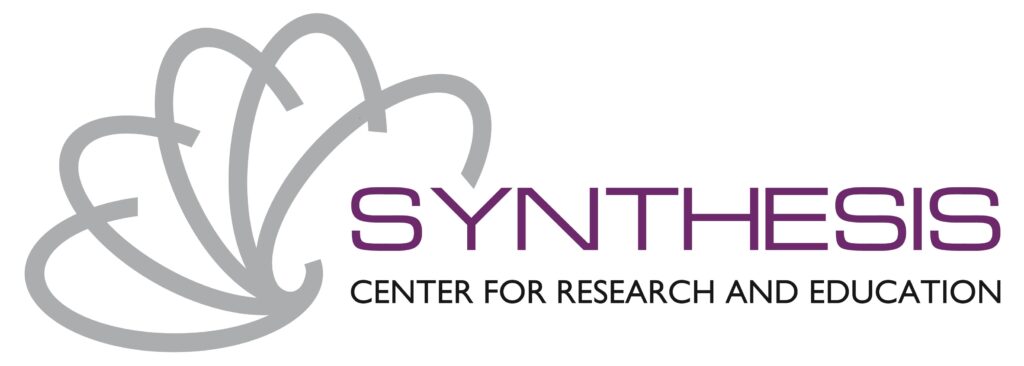STAGE – SupporTing migrAnt inteGration and combating racism at local level through digital servicEs
Fostering social inclusion of migrants and their families in their host countries, through a three-way social inclusion approach.
Project Number: KA220-ADU-6AC3B40A
Funded by: Erasmus+ Duration: 01/01/2022 – 01/01/2024

Πρόκληση
According to the International Organization for Migration (IOM), the COVID-19 pandemic has affected migration in Europe, as countries have imposed internal and international travel restrictions to reduce the spread of the coronavirus, resulting also the reduction of the number of irregular migrants. The pandemic has also affected migrant integration internally, as management practices such as restrictions of movement, closure, and social distancing have pushed migrants into isolation. Besides, waves of disinformation caused an increase in racist and xenophobic incidents against national or ethnic minorities deriving from the pandemic (European Union Agency for Fundamental Rights, 2020).
Under these circumstances, smartphones have proved to be indispensable for migrants when navigating and resettling in a new country. Almost all of them have a mobile phone, which they consider as a basic necessity to remain in contact with their family and friends. Interestingly, migrants often share the view that it is easier to engage with their smartphone than with people, when it comes to directions or other questions in the host country (Euronews, February 2020). This phenomenon offers an opportunity to create new mobile services that can have a positive impact on the lives of migrants.
Καινοτομία
STAGE is an Erasmus+ project aiming to foster social inclusion of migrants and their family members in their host countries, through establishing a three-way social inclusion approach which include an innovative Web app for migrants, an Interactive Map to share migration routes and stories and a Capacity Building programme for adult staff working with migrants. This multi-layered but direct approach offers migrants a hands-on experience of social inclusion and supports them, not only to familiarise with the host-country’s language, but also to gain access to information provided by local authorities related to them and to build a network through pairing them with mentors.
Δράσεις

Η υποστήριξη της Ευρωπαϊκής Επιτροπής στην παραγωγή αυτού του περιεχομένου δεν συνιστά αποδοχή του περιεχομένου, το οποίο αντικατοπτρίζει αποκλειστικά τις απόψεις των συντακτών, και η Επιτροπή δεν μπορεί να θεωρηθεί υπεύθυνη για οποιαδήποτε χρήση των πληροφοριών που περιέχονται σε αυτό.
Εταίροι του Έργου






